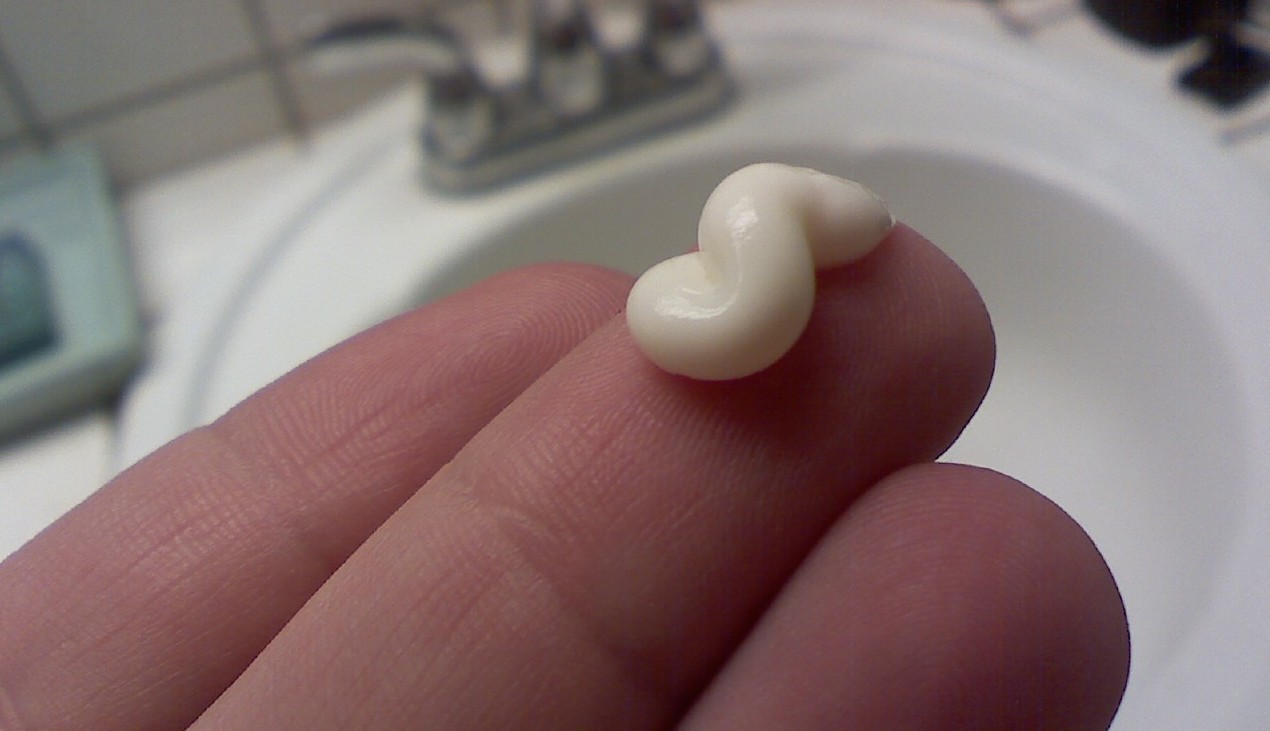In July, we heard that the Food and Drug Administration was investigating reports of hair loss, balding, itching, and rash associated with using celebrity stylist Chaz Dean’s hair care products, sold by a company called WEN. Now, a federal judge in Los Angeles has given preliminary approval to a $25 million settlement that resulted from a class-action lawsuit more than 200 customers filed against the company. [More]
fda

Judge Gives Initial Approval To $26M Settlement For Claims That WEN Products Caused Hair Loss

Nutella’s Makers Want To Convince FDA That Chocolate Spread Isn’t Just For Dessert
When you think of sweet, hazelnut chocolate spread, are you imagining eating it for breakfast or for dessert? If you’re in the latter camp, you agree with the current stance of federal regulators. The makers of Nutella are now trying to make the case, however, that the spread should be considered more of a breakfast item. [More]

Deadly Bacterial Infection Linked To Machine Used During Heart Surgeries
Non-tuberculosis mycobacteria are among the germs that just are just sort of everywhere and don’t do much harm to people. The exception, though, is when they gain access to a person’s chest cavity or an artificial heart valve, and can be deadly. The bacteria get there by hitching a ride from a piece of surgical equipment, and patients generally aren’t warned that this is a risk during operations involving the heater-cooler machine. [More]

Pediatricians, American Cancer Society Take FDA To Court Over Delayed Graphic Warning Labels On Cigarettes
It’s been more than seven years since the Family Smoking Prevention and Tobacco Control Act became law, directing the Food and Drug Administration to bolster warnings on tobacco labels and to create graphic warning images to be printed on cigarette packaging. Even though the U.S. Supreme Court rejected the tobacco industry’s challenge to these labels in 2013, they have yet to materialize. In an attempt to force the FDA’s hand, a coalition of doctors, public health advocates, and anti-smoking groups have filed a lawsuit against the government. [More]

Makers Of E-Cigarettes And Pricey Cigars Want To Avoid FDA Approval And Regulation
Until earlier this year, the Food and Drug Administration didn’t have authority to regulate some new or unusual smokeable products that have been growing in popularity, like premium cigars, hookah tobacco, vaping products, and e-cigarettes. However, the industries behind these products are fighting regulation with lobbyists, hoping to do away with the new rule. [More]

FDA Rules: You Can’t Sell “Anti-Bacterial” Hand Soap With Triclosan Anymore
After more than half a decade of various proposals, investigations, and dithering, the FDA today has announced that it’s changing the rules. 19 active ingredients in your hand soap — most notably including triclosan, until recently very common — are going to be heading off the market. [More]

When It Comes To Food, “Generally Recognized As Safe” May Not Mean What It Sounds Like
Here in the U.S., we have food safety regulations — a lot of them. The Food and Drug Administration (FDA) is responsible for making sure foods (and a bunch of other stuff) adhere to some basic health and safety rules to reduce the likelihood these products will hit store shelves and make a million people sick. So far, so good… but there’s a major food safety system that the FDA uses that, it turns out, is neither standard nor safe — despite its name. [More]

The FDA Doesn’t Actually Have The Power To Recall Cosmetics That Harm People
Last month, the Food and Drug Administration announced that it would be investigating claims from consumers that the “cleansing conditioner” Wen, purportedly developed by celebrity hairstylist Chaz Dean, had caused scalp irritation and even made some users’ hair fall out. The FDA looked into the situation after receiving 127 complaints about the product, but didn’t know that the marketer, Proactiv maker Guthy-Renker, had received more than 21,000 complaints about the product that it wasn’t obligated to report to the FDA. [More]

Probably Avoid These Skin Care Products If You Don’t Want Mercury Poisoning
Mercury poisoning doesn’t sound fun, but it also doesn’t necessarily sound like something the average consumer runs into a lot in modern cosmetic aisles, what with federal regulations banning dangerous levels of the stuff. However, there are a slew of illegal skin care products for sale out there that contain mercury, and the Food and Drug Administration doesn’t want folks slathering them on their bodies. [More]

Florida Officials Investigating 4 Cases Of Zika That May Have Been Transmitted By Mosquitoes
For the first time in the U.S., health officials believe local mosquitoes may have transmitted the Zika virus to humans. [More]

Anyone Can Make & Market A Dietary Supplement, Including Consumer Reports
When you see ads for dietary supplements, there are often scientists in lab coats looking at beakers and flasks, saying science-y things. In the real world, just about anyone with a credit card can make and market a supplement, even one that contains potentially unhealthy ingredients. Just ask our colleagues at Consumer Reports, the creators of the new (totally fake) weight-loss supplement Thinitol. [More]

FDA Investigating Hair Loss Claims Linked To “WEN By Chaz Dean” Products
Haircare products are supposed to do just that — care for your hair. So when consumers start reporting hair loss, balding, itching, and rash associated with using a certain product, the Food and Drug Administration is going to take those reports seriously. [More]

Here’s How AstraZeneca Is Trying To Block Generic Crestor For 7 More Years
How long should a drug company be allowed to be the exclusive manufacturer and seller of their product? Crestor, a best-selling statin (cholesterol-lowering drug) that has enjoyed exclusivity for the last 12 years, is due to lose that protection today. AstraZeneca, the maker of Crestor, is fighting that decision, hoping to squeeze a little more time as the drug’s exclusive manufacturer before generics hit the market. [More]

FDA Wants Proof That Antibacterial Hand-Sanitizing Products Are Actually Effective
While you may have a personal choice of antibacterial hand-sanitizing product to wipe, slather, and squirt your way to germ-free mitts, there’s one thing all those products all have in common: they should actually work. [More]

Senators Trying To Strike Down Vermont GMO Labeling Law At Last Minute
Two years ago, Vermont became the first state to pass a law requiring clear disclosures of foods containing genetically modified/engineered ingredients. A number of packaged food giants — including PepsiCo, Mars Inc., General Mills, and Campbell Soup Co. — have already made the decision to label their products on a nationwide basis in advance of the July 1 start of the new rules. With that deadline approaching, a pair of agribusiness-backed senators have introduced legislation that would kill the Vermont law, prevent other states from enacting similar regulations, and give companies two years to create a label with little to no information. [More]

Whole Foods Has 15 Days To Address Food Safety Violations At Plant
Listeria and other unsanitary conditions were found at a Whole Foods plant in Massachusetts earlier this year, the Food and Drug Administration revealed in a warning letter telling the grocery store chain to take immediate action to fix the issues. [More]



